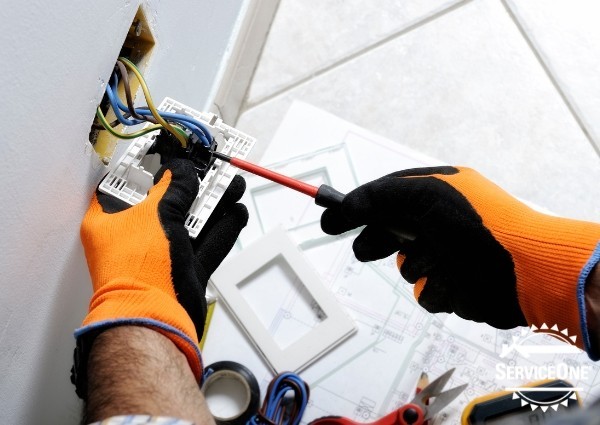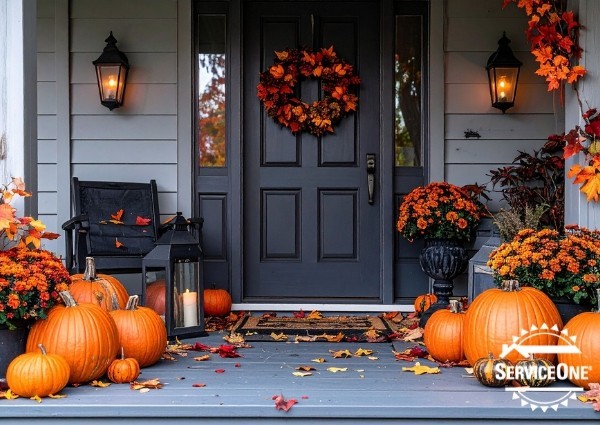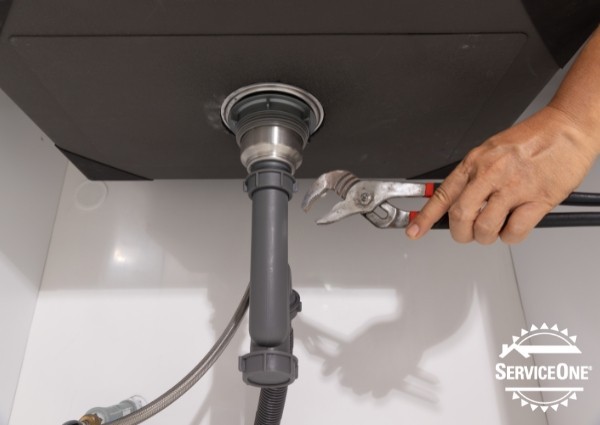Air filters have a nasty job – or, rather, they have a cleaning job for your air in your home or business, but it’s a “dirty” job to have. But it’s one of the most important jobs for your indoor air quality – with pets, children, outdoor air pollution, and more clogging up your indoor air, it’s important to take this little precaution.
Why is a clean air filter important?
It’s important in so many ways – for indoor air quality, for financial reasons, and for the environment!
An air filter traps airborne particles such as dust, pollen, bacteria, plant/mold spores, pet dander, and even smoke from the air in your home. Filters also help keep dust from being blown into your ductwork or into other rooms of your home or business.
A clean air filter also helps your home or business’s HVAC system run efficiently, which keeps your heating and cooling bills much, much lower.
In addition to the personal reasons to keep your air filter clean, it’s better for the environment, too. With your home or business’s HVAC system working less, there are less toxins and greenhouse gases being released into the atmosphere. It’s a win-win!
What does a dirty air filter hurt?
A clogged, dirty filter forces your HVAC system to work continuously to pull air through and can drive up your heating and cooling bills. The U.S. Department of Energy estimates that replacing a dirty filter with a clean filter can lower your HVAC’s energy consumption by 5-10%.
In addition to driving up your utility bills, dirty air filters can also contribute to physical symptoms to the people in your airspace, such as headaches, fatigue, trouble breathing, frequent colds, and massive allergy issues.
One other issue that may result from a dirty air filter is reduced air flow. This can be a big problem in the summer when your AC is working overtime to keep your house cool enough anyway.
And with all this extra work that your HVAC system is going through, it’s rough on the system and can drive up repair and replacement costs for you.
How often do you need to change your air filter?
We recommend changing air filters, especially the 1-inch models that are popular in most HVAC systems, once a month. At a minimal cost out-of-pocket and a minimal time commitment (generally under 5 minutes once you know what you’re looking for), it’s one of the least expensive and easiest ways to help lower your utility bills, clean up your indoor air quality, and keep your home or business healthier.
IMPORTANT NOTE: If you ever go to change your air filters in your HVAC system and you find mold on them, it’s imperative that you call professionals to have that investigated. Airborne mold particles can be life-threatening.



